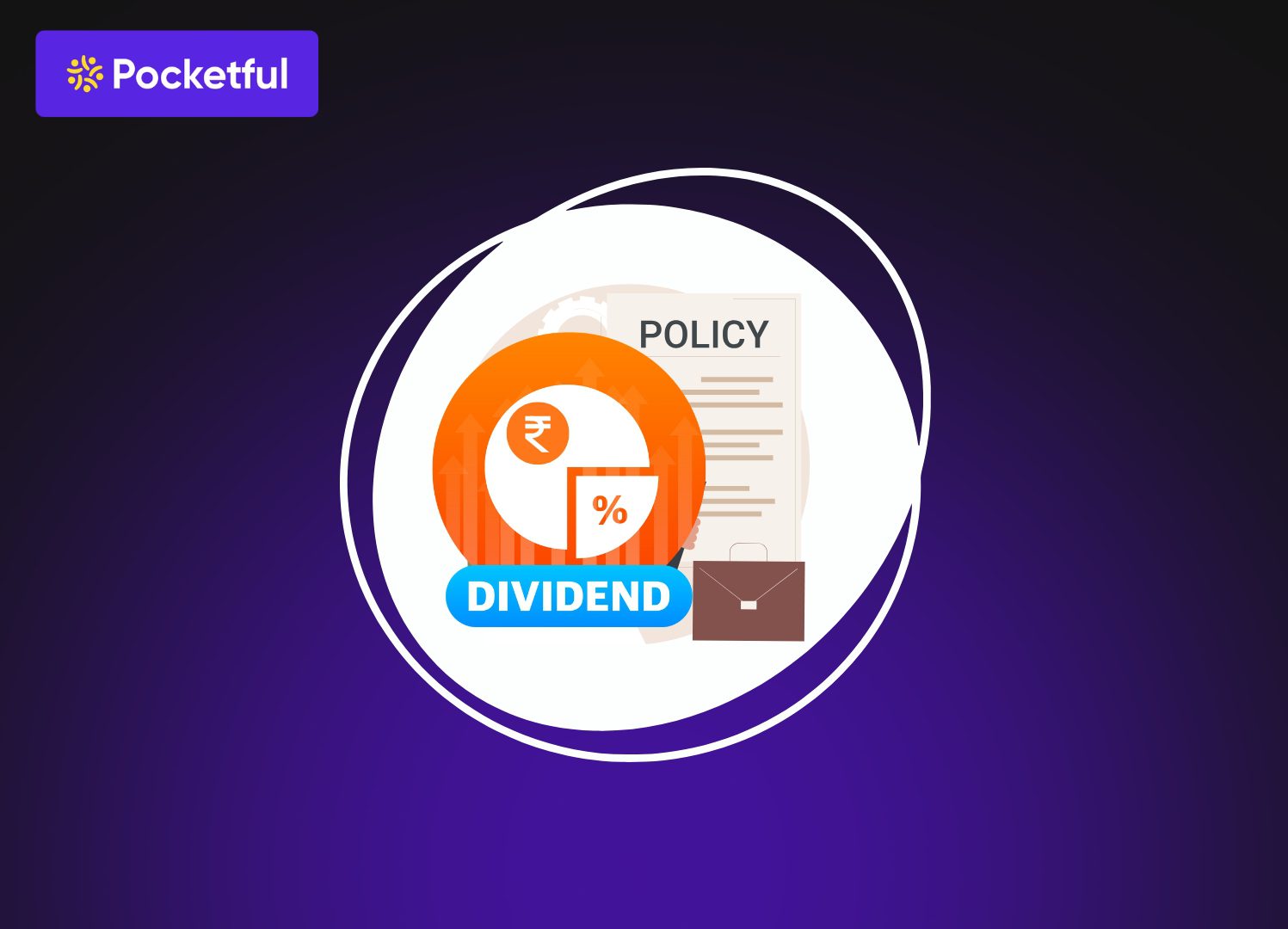The 2008 global financial crisis revealed serious vulnerabilities in banks across the world. To address these weaknesses, regulators and financial institutions developed new tools to safeguard banks during times of stress. One such innovation is the Contingent Convertible Bond (CoCo Bond). These bonds are designed to protect a bank’s capital by automatically converting into equity or losing value when certain conditions are triggered.
In this blog, we’ll explain in simple terms what CoCo Bonds are, how they work, and why they continue to play an important role in today’s financial system.
What Are Contingent Convertible Bonds (CoCo Bonds)?
Contingent Convertible Bonds, or CoCo Bonds, are a special type of financial instrument that can automatically convert into equity (shares) if required or can be completely written off i.e. their value can become zero. They give returns like normal bonds, but their role changes when the financial condition of the bank deteriorates.
CoCo Bonds are called “hybrid securities” because they have the features of both debt (debt) and equity (shares). As long as the bank is strong, they act like bonds. But as soon as the bank’s capital falls below a certain limit, these bonds convert into shares or can become completely worthless.
What is a Trigger Event?
The most special aspect of CoCo Bonds is their Trigger Mechanism. When a bank’s Common Equity Tier 1 (CET1) ratio falls below the limit set by regulators such as 5.125% it becomes a trigger and in that case CoCo Bonds are converted or written-down.
Why were CoCo Bonds introduced?
After the 2008 global financial crisis, there was a need for new tools to correct the weaknesses of banks. CoCo Bonds were promoted to strengthen banks under Basel III regulations. Their purpose is that if a bank is on the verge of sinking, then through these bonds the bank has a safety shield, so that it does not have to take a bailout from the government.
Read Also: Electoral Bonds Explained: What Are They and Why Did Supreme Court Ban It?
How Do CoCo Bonds Work?
CoCo Bonds or Contingent Convertible Bonds have a special condition called Trigger. When a bank’s financial condition weakens such as its capital ratio (CET1 ratio) goes below a set limit then this trigger gets activated. In India, this limit is usually 5.125% or more, which is set by regulatory bodies like RBI.
When the trigger is activated, two things can happen:
- The bonds convert into shares, which gives the investor shares of the bank.
- The value of the bond can be completely lost, that is, the money can be lost.
How does the conversion happen?
The purpose of CoCo Bonds is to give the bank an opportunity to provide capital in an economic crisis. When the trigger is activated, these bonds are either converted into shares of the bank (Debt to Equity Conversion) or their principal amount is written off, that is, it is completely eliminated.
How is the interest payment (Coupon Payment)?
CoCo Bonds pay interest (coupon), but the special thing is that the bank can stop this interest if it wants without it being considered a default. This is what makes them different from normal bonds. This is why CoCo Bonds are a little more risky, but often their returns are also higher.
Example : Suppose an Indian bank has issued CoCo Bonds and its financial position becomes weak its CET1 ratio goes below 5%. Now this trigger can be activated as per RBI rules. The bank will convert these bonds into shares or can destroy their value. This increases the capital of the bank, but investors can also suffer losses.
Read Also: Straight Bond: Key Features, Benefits & Risks
Why Banks Use CoCo Bonds
- To strengthen Tier 1 Capital : CoCo Bonds allow banks to increase their Tier 1 Capital without directly issuing shares. This capital is the safety wall of the bank, which comes in handy in any financial crisis.
- Protection from Insolvency : If the financial condition of a bank starts deteriorating, then CoCo Bonds work like a Loss Absorption Buffer. When the capital level decreases, these bonds convert into shares and save the bank from failure.
- Helpful in meeting Capital Adequacy Norms : According to the rules of Reserve Bank of India (RBI) and Basel III, banks are required to maintain a fixed capital level. CoCo Bonds help in meeting this requirement, so banks give them priority.
- Protection from Government Bailout : Private investors invest in CoCo Bonds, and when the need arises, they bear the loss not taxpayers. This eliminates the need for the government to give a bailout package and the public’s trust in the banking system remains intact.
Pros of Investing in CoCo Bonds
- Higher Yields : CoCo Bonds usually offer higher interest (coupon) than traditional bonds. This is why they are attractive to investors who want better returns with fixed income.
- Diversification in Portfolio : This is a unique asset class that occupies a space between debt and equity. This allows investors to better diversify their portfolio.
- Contribution to the financial stability of banks : CoCo Bonds help strengthen the balance sheet of the bank. When a bank is in trouble, these bonds provide capital support, which maintains financial stability.
- Flexibility (Innovative Structure) : The most important thing about these bonds is their conditional conversion – which gives the issuing bank the flexibility to convert them into shares if needed.
- Liquidity in the secondary market : CoCo Bonds issued by big banks are often liquid in the secondary market, meaning investors can sell them if needed.
Read Also: What Is a Callable Bond?
Cons and Risks of CoCo Bonds
- Trigger Uncertainty : Conversion in CoCo Bonds is based on fixed conditions, but these conditions are often complex. The investor does not know in advance when the bond will convert into shares or when its value will end.
- Principal Loss Risk : If the condition of the bank deteriorates, the entire value of the CoCo Bond can be wiped out. That is, the investor may have to bear the loss of principal as well.
- Complex Structure : The legal and financial language of CoCo Bonds is difficult for ordinary investors to understand. Therefore, these products are mainly suitable for institutional or experienced investors.
- Market Sentiment Risk : The price of these bonds depends a lot on the credibility of the bank. If trust in a bank decreases, the price of CoCo Bonds can also fall even without a trigger.
- No assurance of interest payment (Coupon Cancellation) : In CoCo Bonds, the bank has the right to stop paying interest for some time without considering it as a default. This affects the expectation of regular income.
CoCo Bonds vs Traditional Bonds vs Preferred Shares
| Feature | CoCo Bonds | Traditional Bonds | Preferred Shares |
|---|---|---|---|
| Risk | Very High (Can be written off entirely upon trigger) | Low (Fixed returns and repayment of principal) | Medium (Dividend may be skipped in case of company losses) |
| Returns | High (Typically higher coupon rates) | Stable but lower | Moderate (Fixed dividend, generally higher than bonds) |
| Conversion Rights | Yes Can convert to equity or be written down completely | No | Sometimes Depends on company terms |
| Liquidity | Medium to High (Often actively traded if issued by large banks) | High (Easily tradable in secondary market) | Medium (May have lower trading volumes) |
| Interest/Dividend | Payable but can be skipped without default | Fixed interest regularly paid | Fixed dividend, but not guaranteed |
Read Also: What are War Bonds?
Conclusion
Contingent Convertible (CoCo) Bonds can serve as an effective capital-strengthening tool for banks, but they remain highly complex and risky instruments for investors. While they typically offer higher yields, they also carry the risk of complete principal loss through write-downs or conversion to equity during stress events. CoCos are therefore best suited for sophisticated or institutional investors with a high risk appetite and a clear understanding of their structure. For most retail investors, prudence and caution are strongly advised.
Frequently Asked Questions(FAQs)
What are CoCo Bonds in simple terms?
CoCo Bonds are hybrid debt instruments that convert into equity or are written down if a bank’s capital falls below a regulatory threshold, helping the bank absorb losses.
Are CoCo Bonds safe for retail investors?
No, they are too risky for common investors and are suitable only for experienced investors.
Do CoCo Bonds pay regular interest?
Yes, but banks can stop paying interest if they want and it will not be considered a default.
Can I buy CoCo Bonds in India?
In India, these bonds are mainly available to institutional investors; they are not available to common investors.
Why do banks issue CoCo Bonds?
CoCo Bonds help banks strengthen their capital and enable them to handle themselves in times of crisis.










